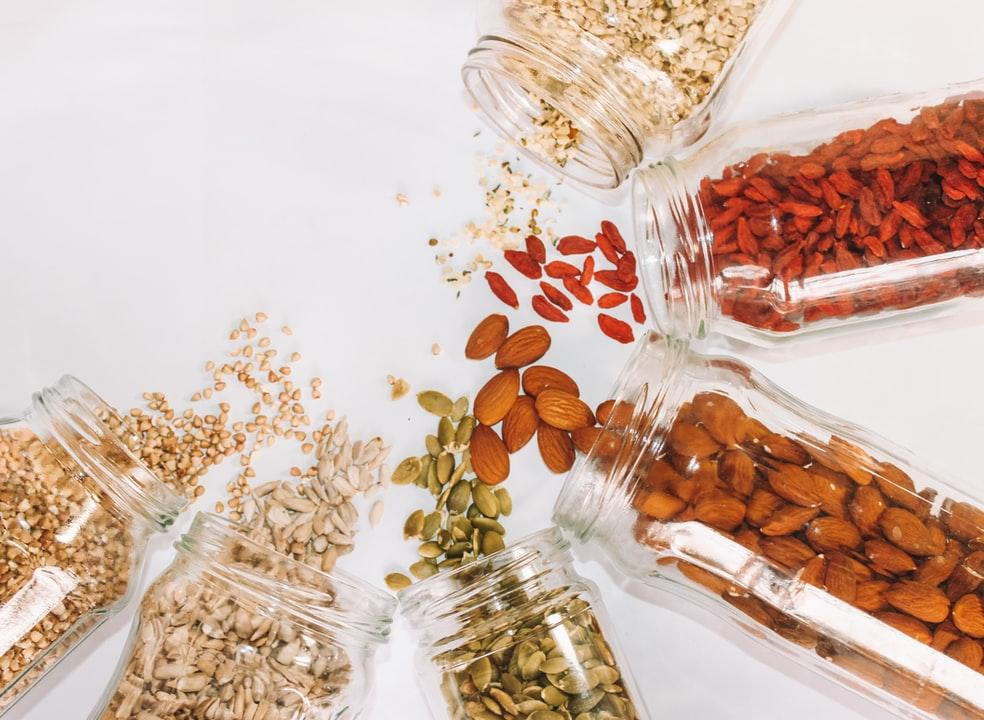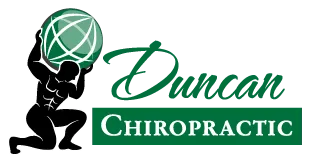
There is fat in a large majority of food that we eat these days. Often times the nutrition label will say unsaturated fat and saturated fat. The way society talks about fat would make you think it’s all bad. This simply is just not true. While there are definitely bad fats, there are also fats that are actually healthy for you to consume. Let’s look at some different types of fats, whether or not they’re bad for you, and what benefit or detriment they may have.
Trans fat
When someone tells you to avoid fat, this is the kind they are talking about. Trans fats are a product of hydrogenation, which turns healthy oils solid to prevent them from going bad. Trans fats are so bad for you that they were officially banned in the United States, due to having no actual health benefits. While trans-fat was originally mainly found in margarine, which is a fake butter, it eventually would be found in everything from baked goods to frozen pizza.
Trans fat was so dangerous because it would mess with your cholesterol levels. It would cause in increase in LDL (low-density lipoprotein) cholesterol while decreasing HDL (high-density lipoprotein) cholesterol. This is the opposite effect of what you would want because LDL cholesterol is bad for you while HDL is actually good for you. LDL is so much worse for you because it would build up on the walls of arteries, which constricts the blood vessels, and increases the risk for things such as heart attacks and heart disease.
Saturated Fats
Saturated fats are mostly found in red meat and dairy products. While saturated fat is not horrible for you, it should be ingested sparingly. In smaller portions saturated fat has no detrimental effects. In larger portions it can drive up cholesterol levels, specifically LDL cholesterol. Like I said previously, LDL cholesterol will build up on the wall of arteries and cause complications within the cardiovascular system. Because of this, doctors have found a link between high saturated fat intake and increased risk of heart disease. Some modern doctors actually think that saturated fat is not as bad as we used to think it is. With that said, they also have found that replacing saturated fat with polyunsaturated fat reduces your risk of heart disease.
Monounsaturated fats
The commonality between good fats is that they typically have less hydrogen molecules bound to the carbon chains. Monounsaturated fats are made of a single carbon-carbon double bond. This results in it having two less hydrogen atoms than saturated fats thus staying liquid at room temperature. These fats are typically found in nuts and vegetable oil. It is recommended by scientists that you replace any saturated fat in your diet with monounsaturated and polyunsaturated fats.
Polyunsaturated fats
Polyunsaturated fats most often come from plant-based foods and oils and are considered essential fats. This is because the body needs these fats but cannot produce them naturally, so the only way to get them is to consume them. Polyunsaturated fats are recommended by the American Heart Association, just like monounsaturated fats, because they can decrease your risk of heart disease, which it does so by lowering cholesterol. The most popular polyunsaturated fat you have probably heard of is Omega 3 fatty acid. This is a very popular vitamin people take, and it mainly comes from fish oil. Omega 6 fatty acid is also a common polyunsaturated fat and is found in tofu, seeds, walnuts, soft margarine, and more.
More research is done about fats every year. We used to think every fat was good for you then the opposite. With modern science, we now know that while some fats are indeed bad for you, some fats are really good for you. It is important to pay attention to the items you are buying at the store and their nutrition labels to know what kind of fat you are buying. It is important to remember that the healthy fats are necessary for a proper diet, so even if you take them in vitamin form, make sure you are getting the right amount every day. Cutting out bad fats and incorporating good fats into your diet will greatly improve your cardiovascular health and quality of life in general!
Good nutrition is the cornerstone of good health. Need help getting your nutrition on track? Let's talk!
